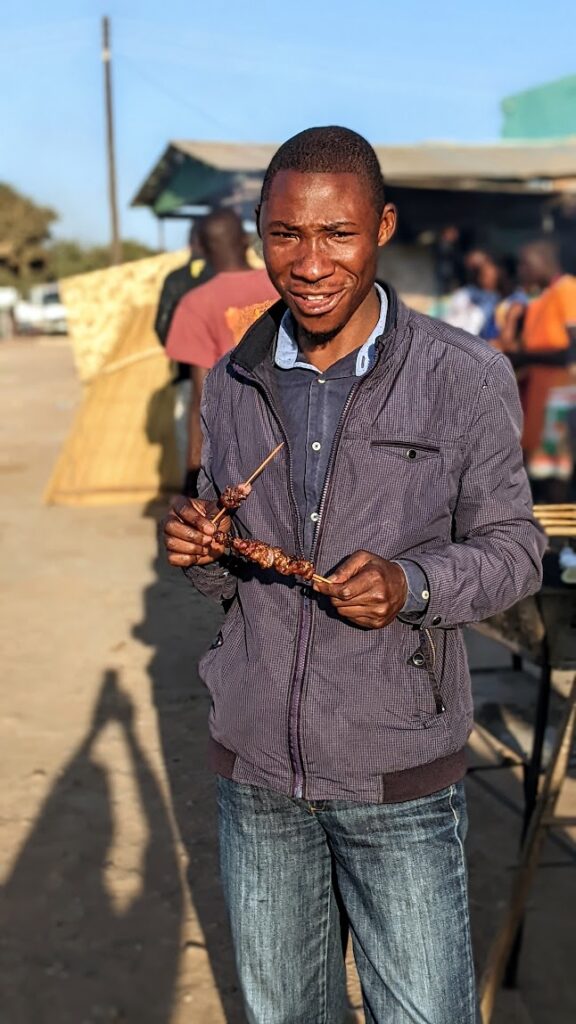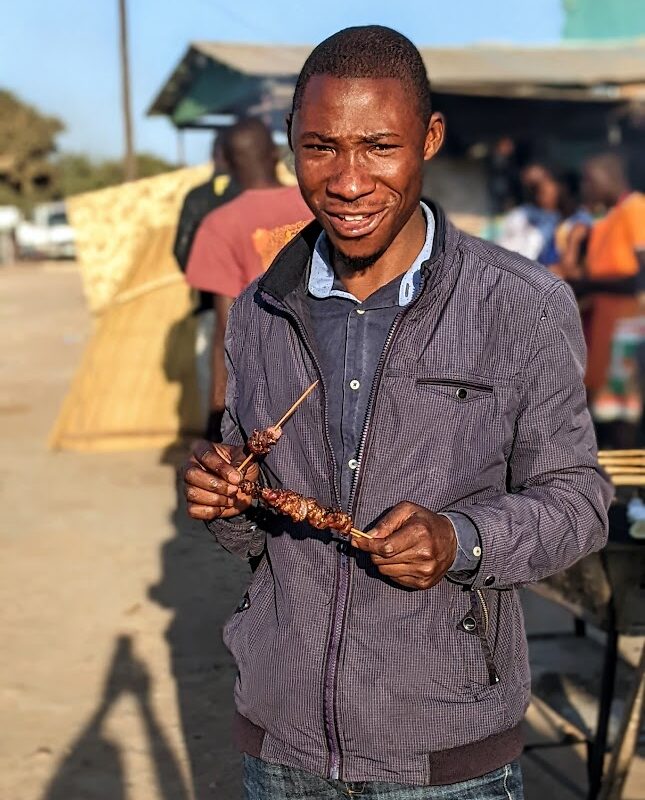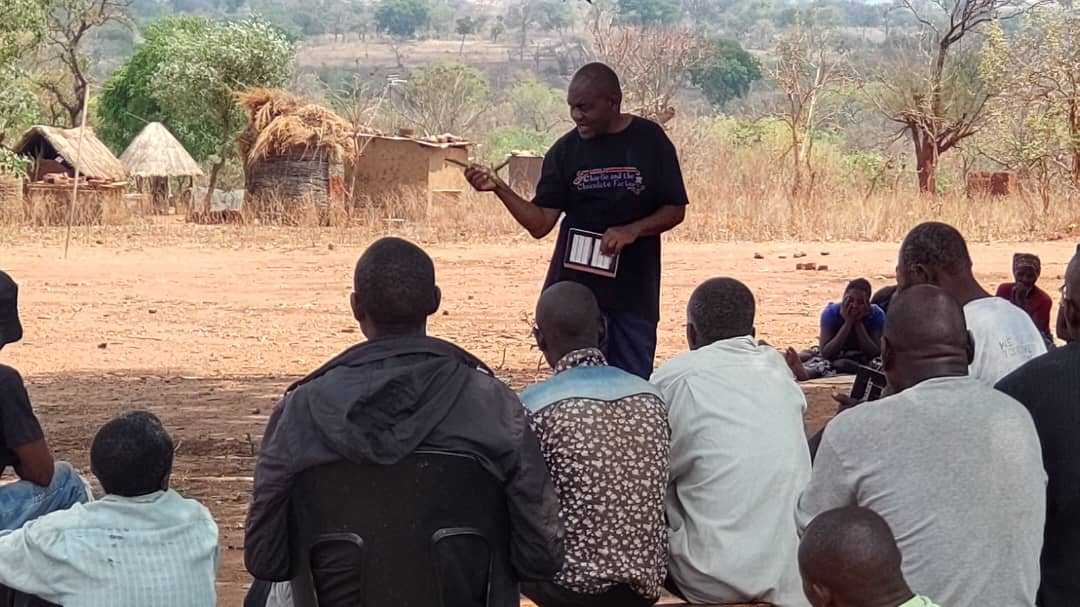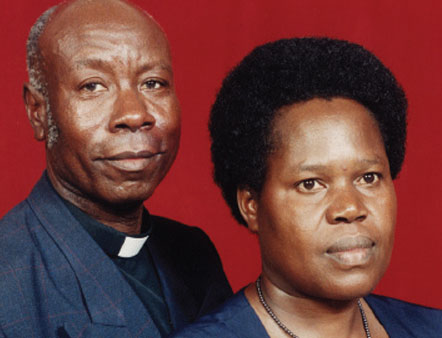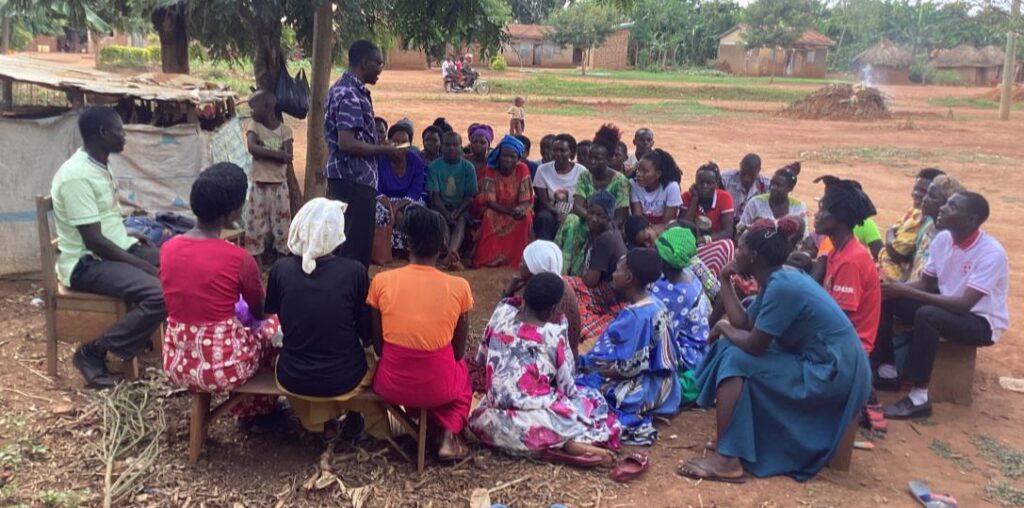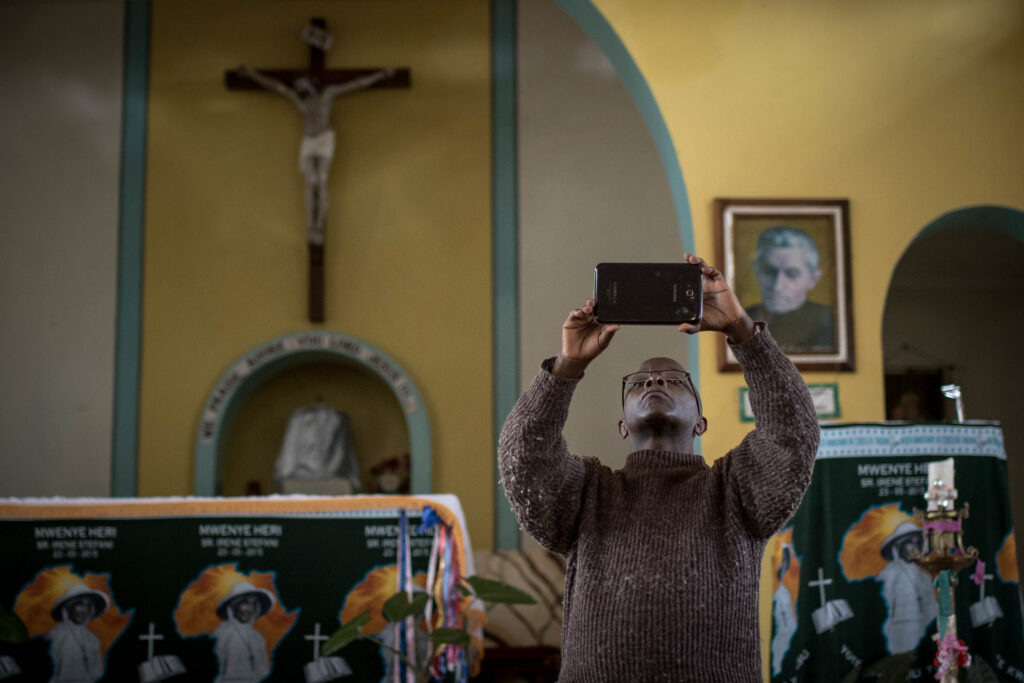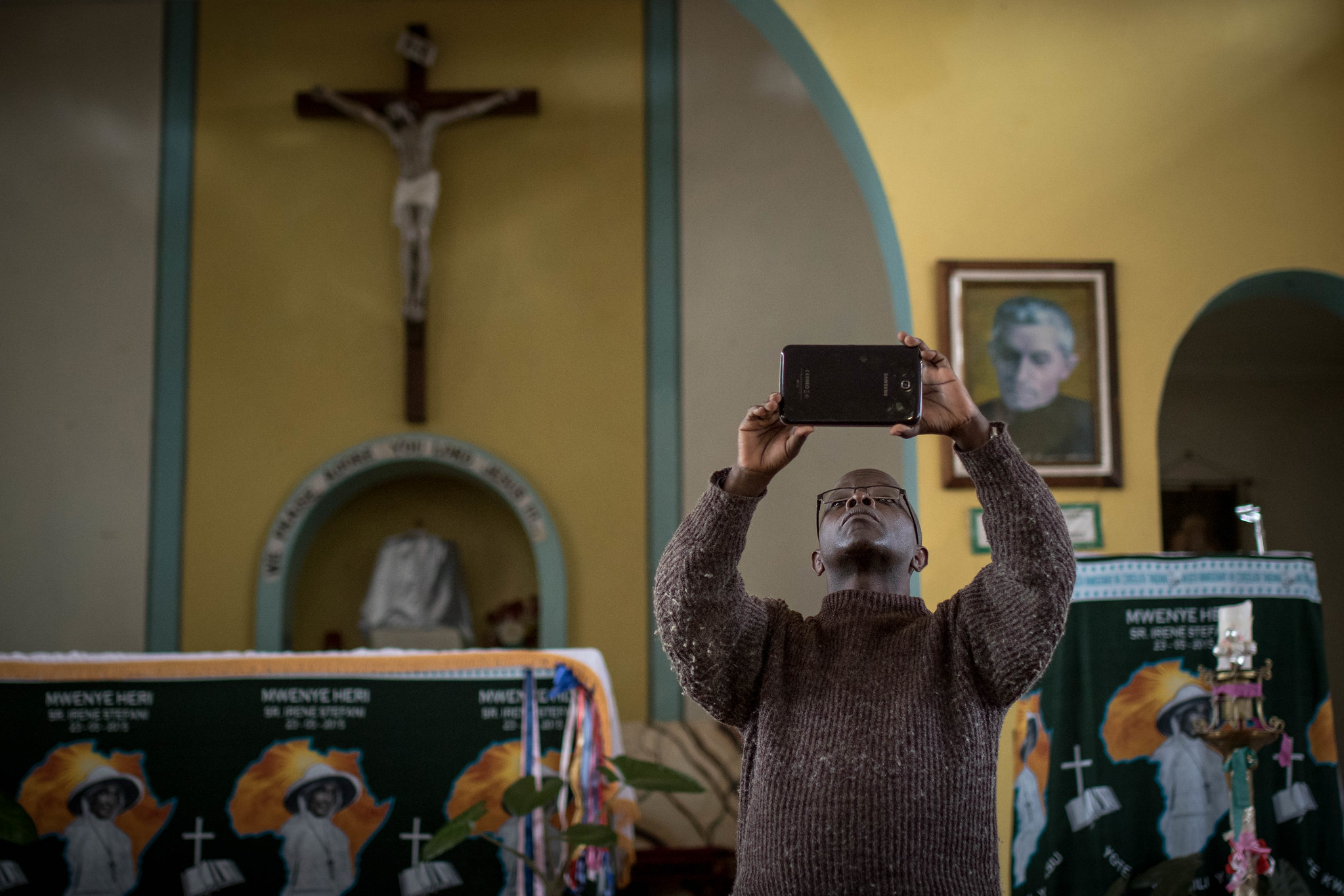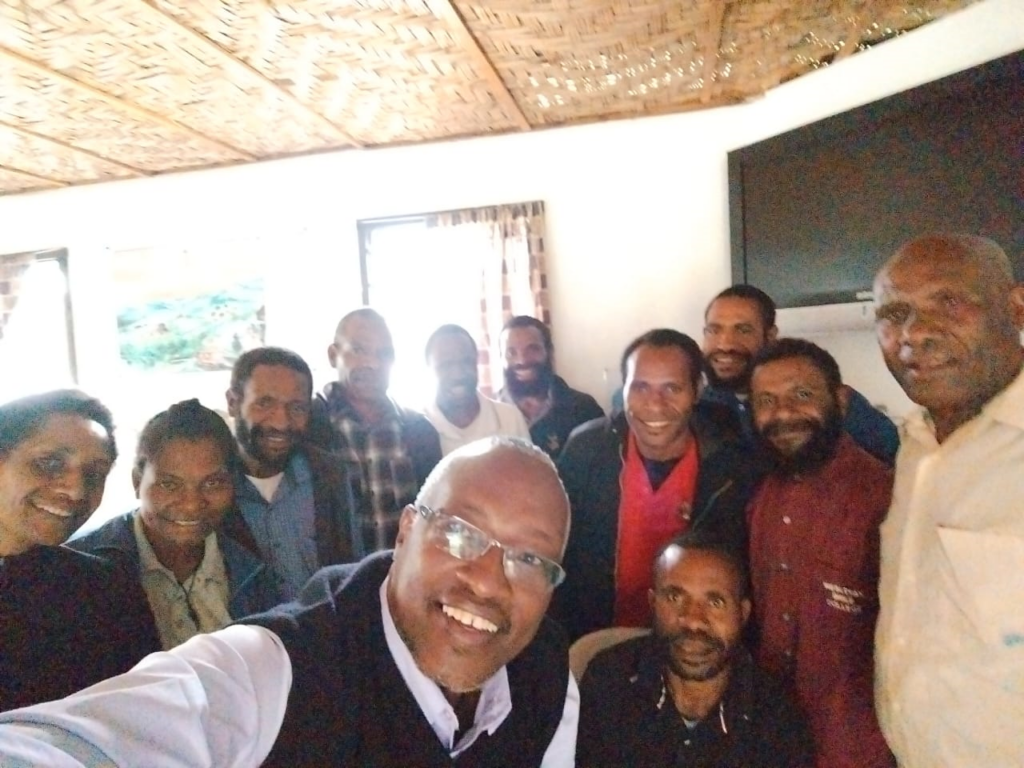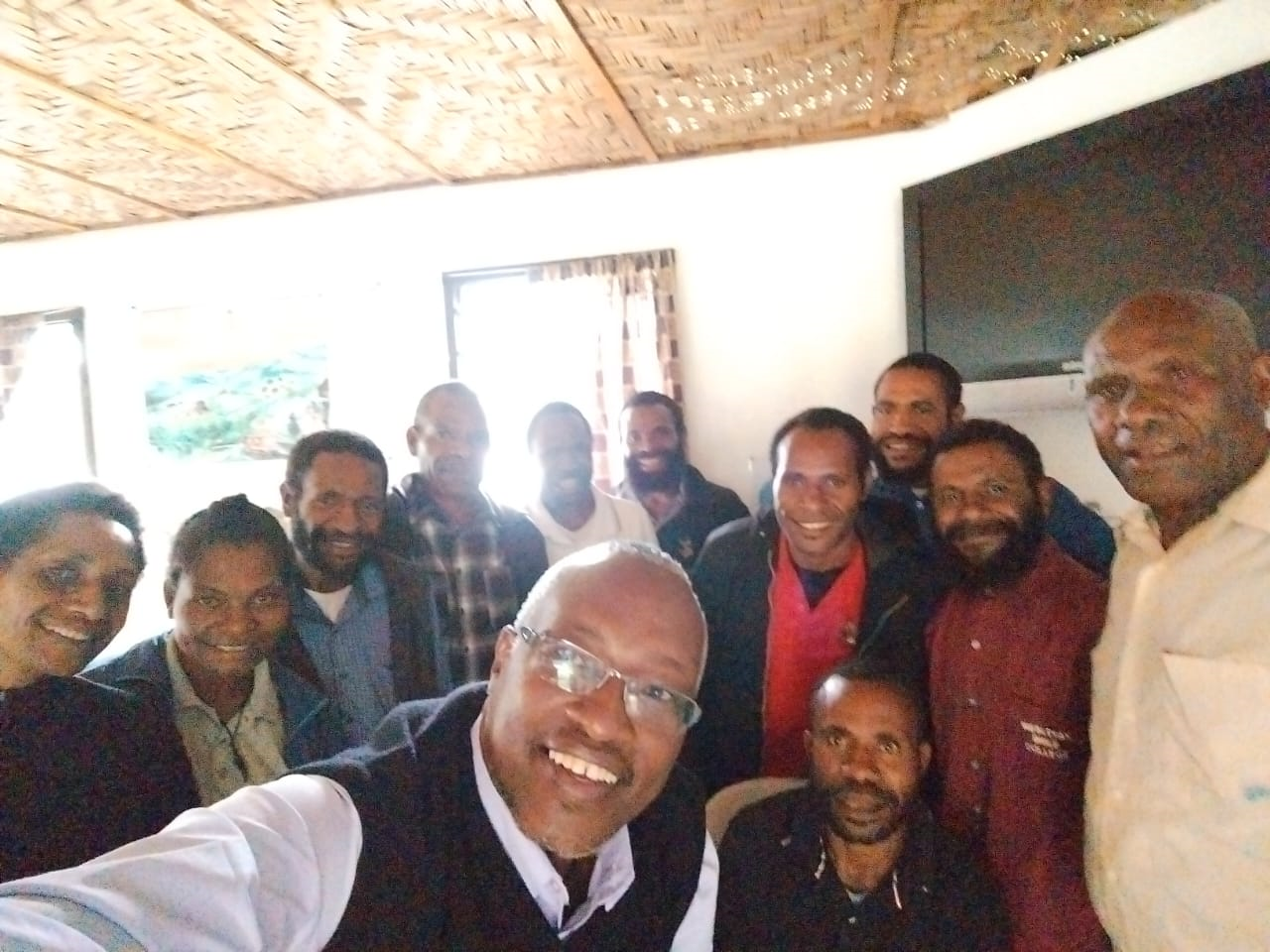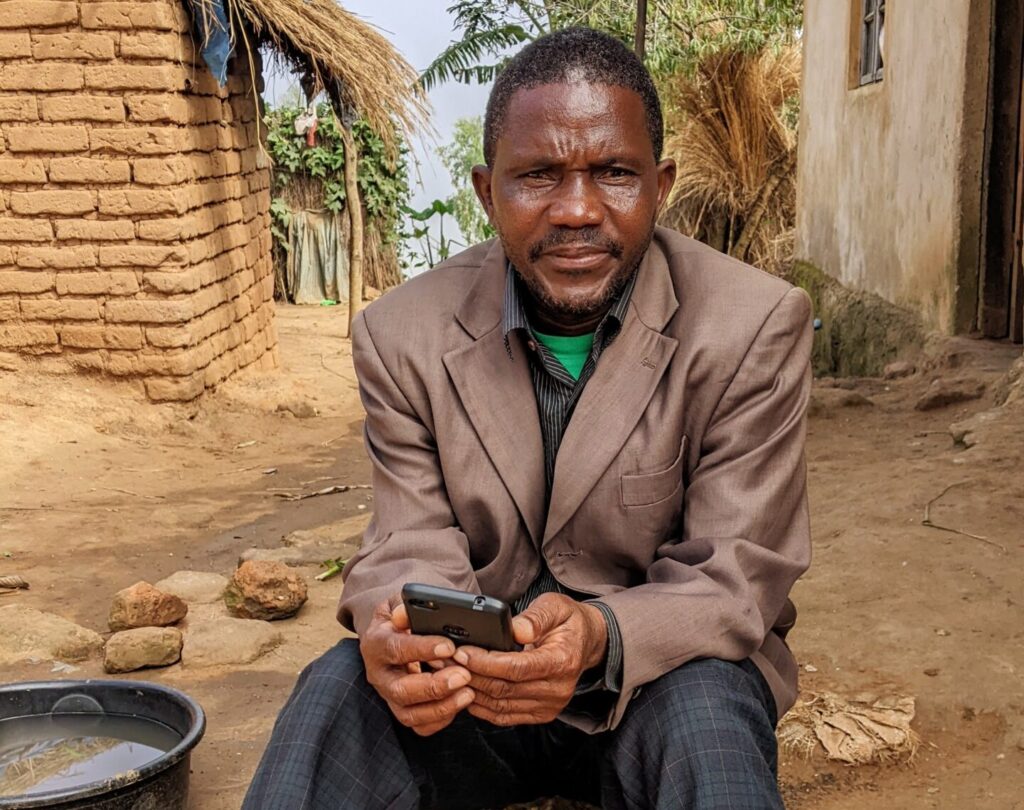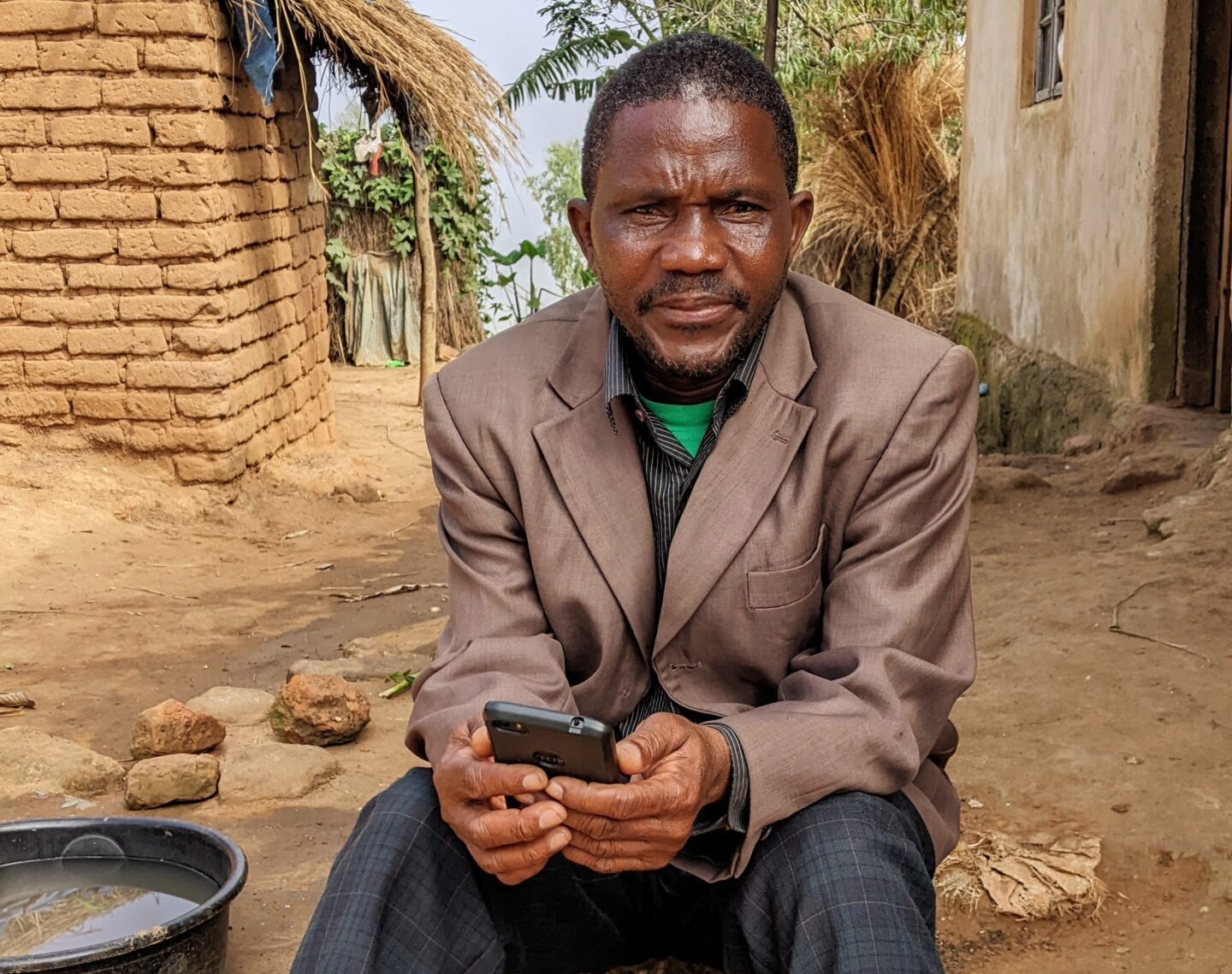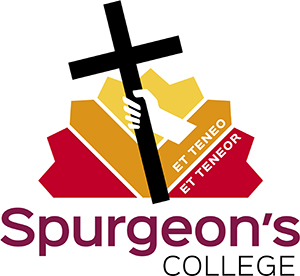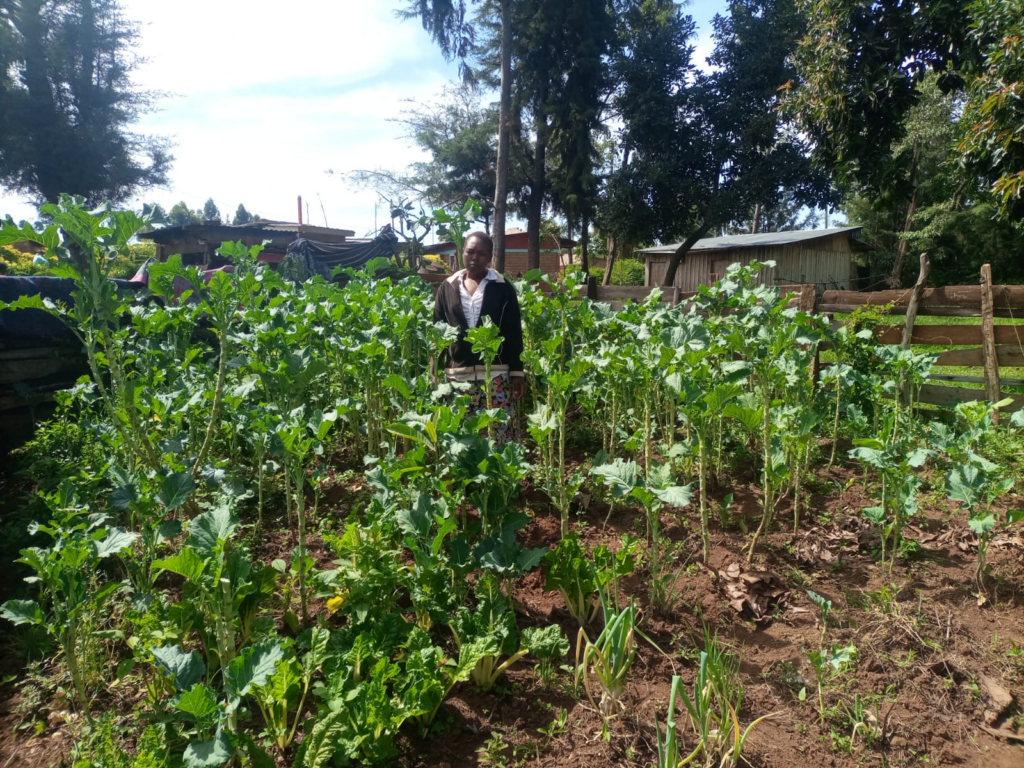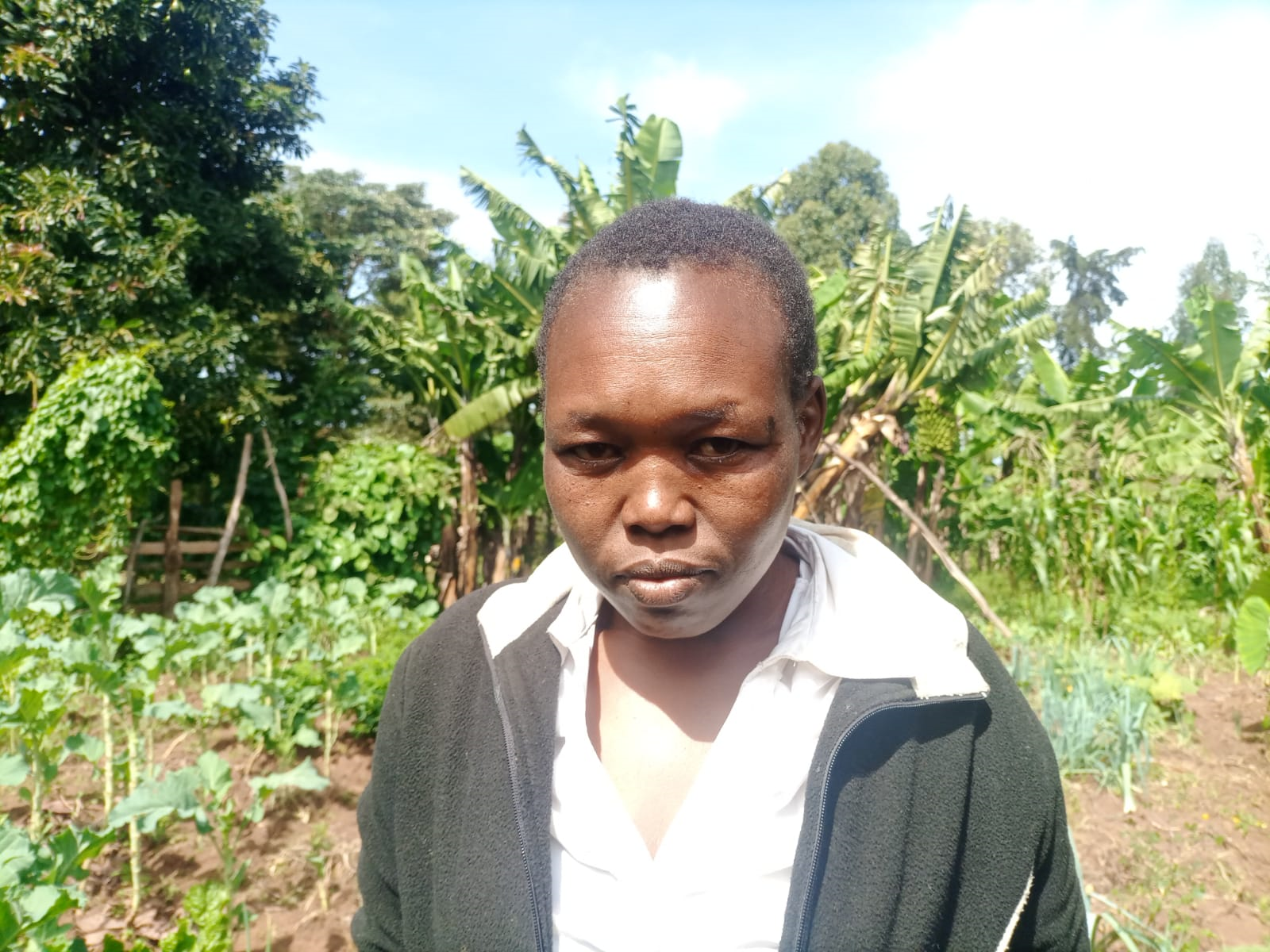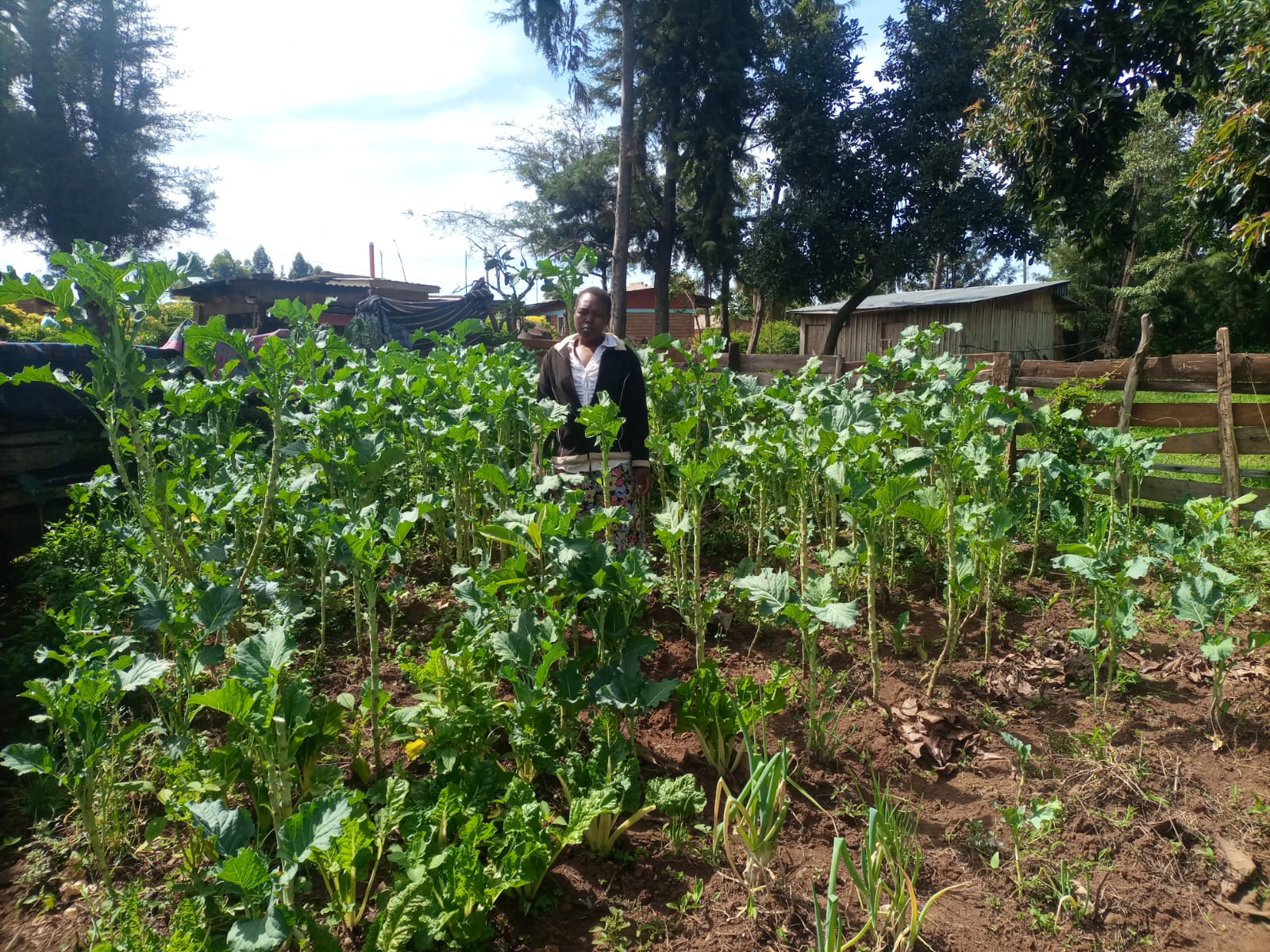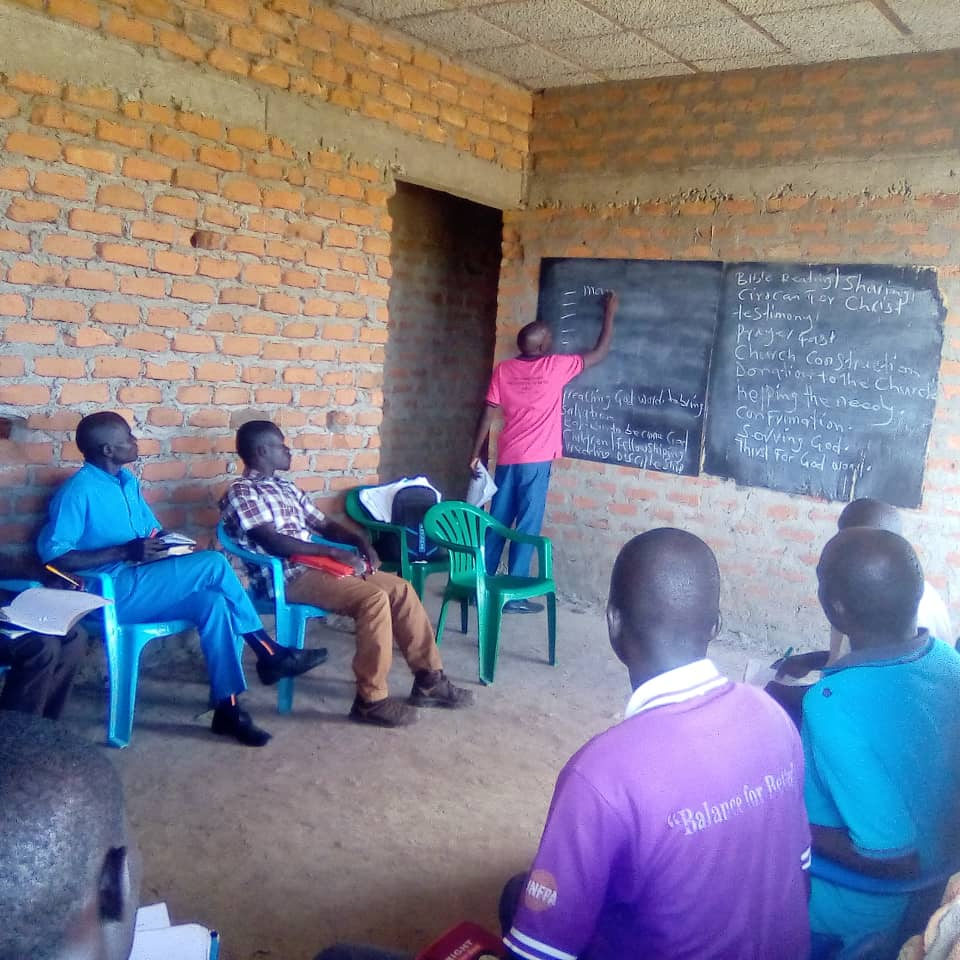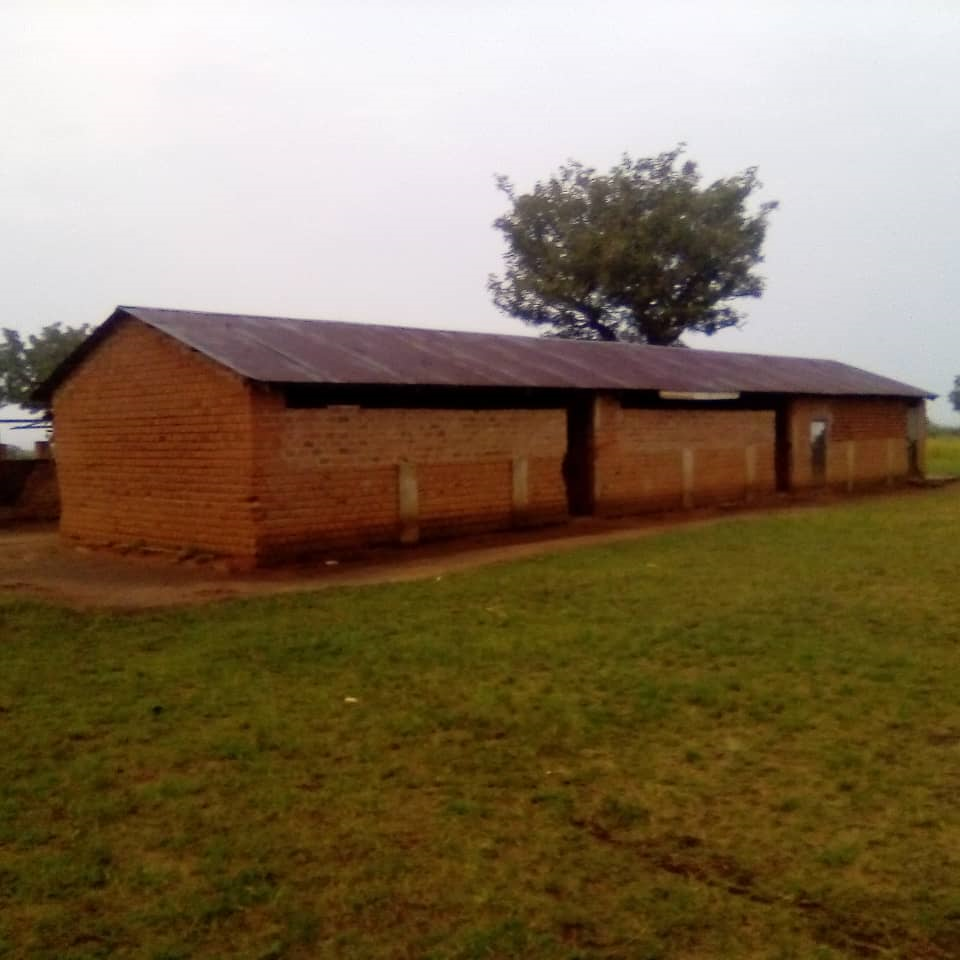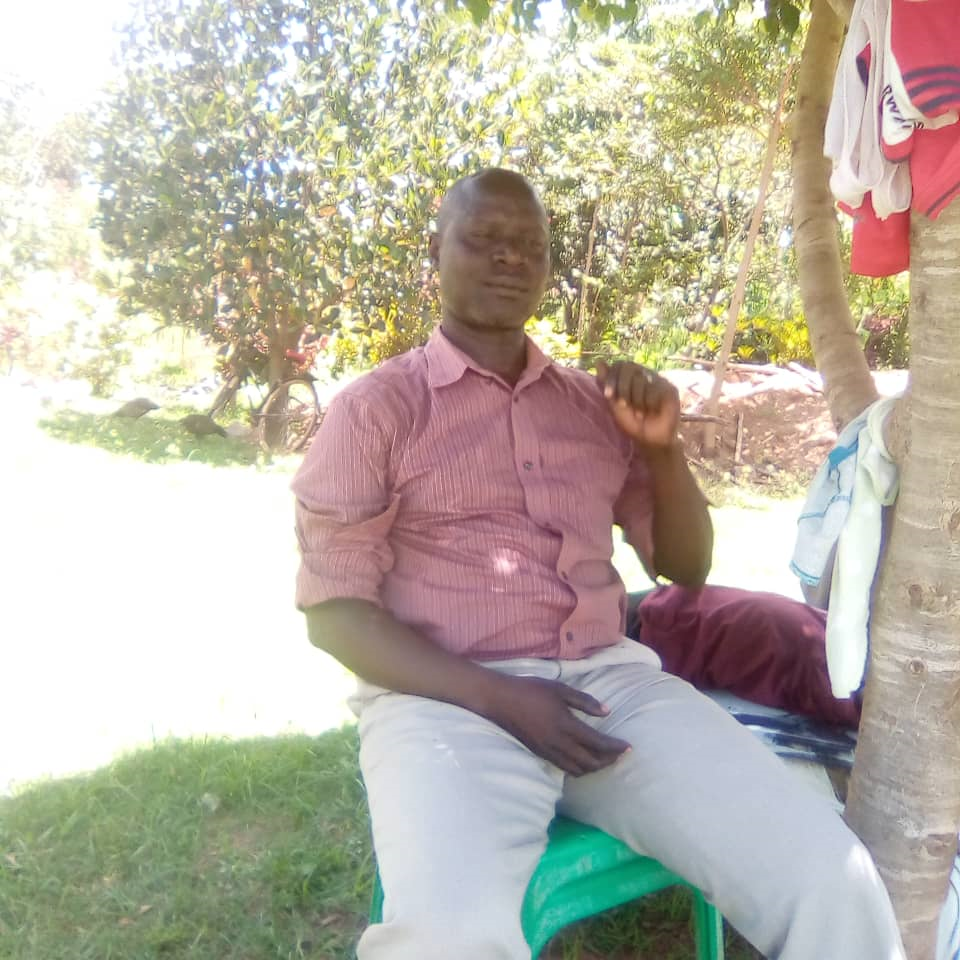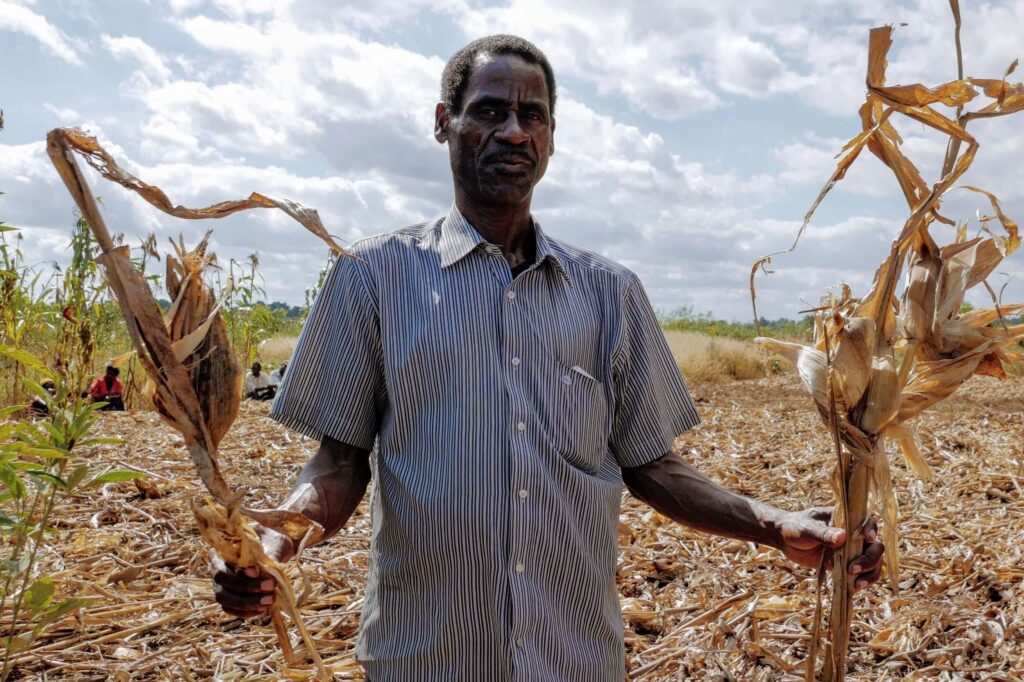
Rev Lloyd Chizenga, a dedicated APF partner for 25 years, passed away peacefully in his sleep on the night of July 27th, following his daughter Bridget’s wedding.
A beloved figure in the Blantyre community, Lloyd led New Life Christian Church and oversaw the Growing Green project, a groundbreaking initiative aimed at improving food security in rural southern Malawi. Despite the region’s frequent droughts, floods, and cyclones, Lloyd’s unwavering commitment and strategic leadership ensured that the project reached thousands of farmers, teaching them vital conservation agriculture and compost-making techniques. As a result, countless families have been able to escape poverty, afford their children’s education, and break free from the cycle of debt.
Shiela Chizenga, Lloyd’s youngest daughter, asked us to share the following tribute in memory of a faithful servant, compassionate leader and devoted family man.
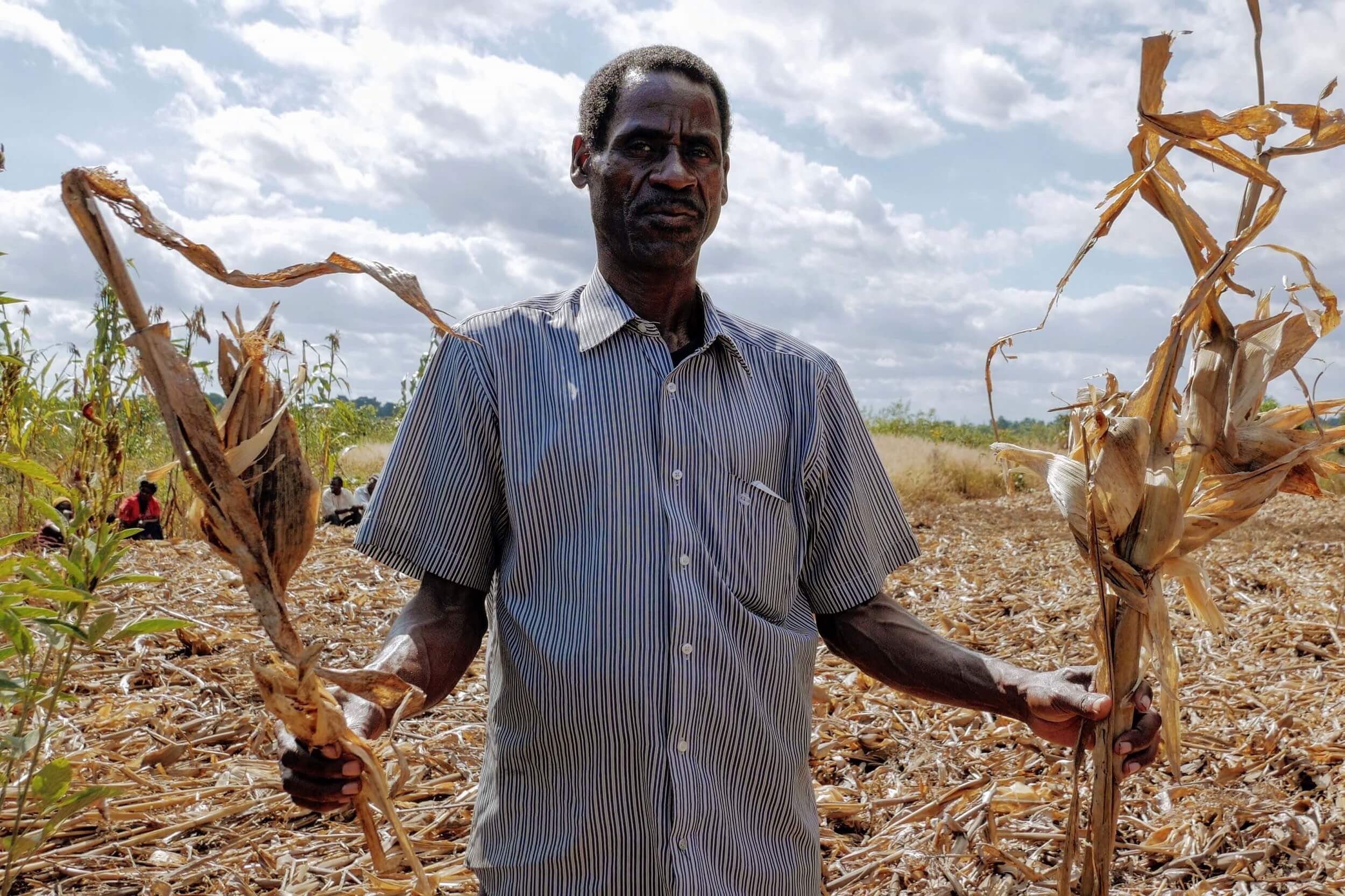
Bishop Lloyd Chizenga, born on 13th March 1960, led a remarkable life characterised by unwavering love for God and service to His people. His journey in Christianity deepened when he was born again in 1982 and joined Pentecostal Assemblies of God. His humility and servant character soon meant he was chosen to serve as an assistant pastor.
After training in theology as a pastor in Malawi and Zambia, Lloyd left Assemblies of God and founded New Life Christian Church in 1993 in Blantyre. The young church network grew and branches were soon planted across Malawi and Mozambique. Through New Life Christian Church, Bishop Lloyd trained many leaders and pastors of different churches.
Guided and inspired by the compassion of our Lord Jesus, Bishop Lloyd championed various humanitarian initiatives including building orphanages, supporting women with small-scale business loans, sinking boreholes in different villages and providing bibles to many local churches.
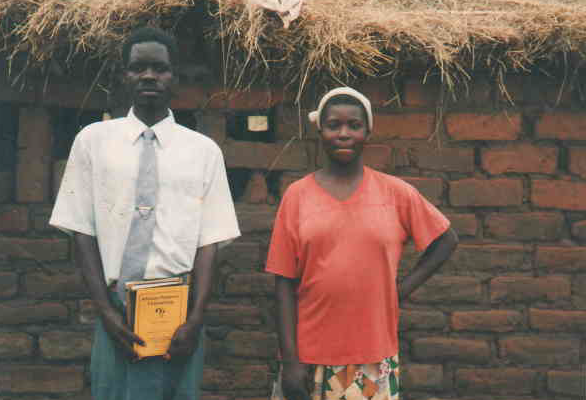
In recent years, his passion for helping the most vulnerable led him to train farmers from rural communities across Malawi in sustainable agriculture with support from APF and Operation Agri . The good reputation he had established through his leadership of New Life Christian Church in the villages meant that community headmen and women welcomed him, and the farmers listened, learnt and implemented the simple but effective farming techniques he taught. This project has now touched thousands of lives.
His care for vulnerable children, the elderly and those struggling through adversity made him a friend and a brother for all whom he reached out to. The boundless empathy, gentle spirit, and infectious humour he manifested made him a beloved figure in the community and a guiding light to his family.
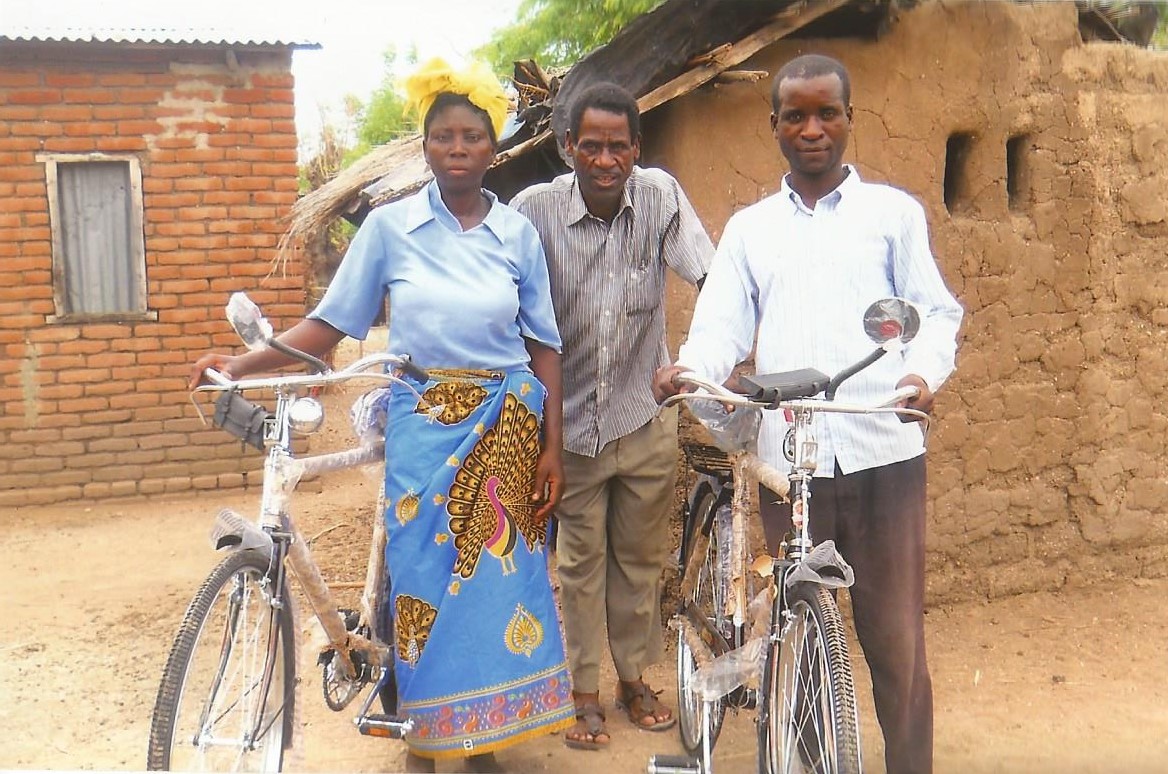
Above all things, the bishop’s greatest joy was his family. To Johanna, Bridget and myself he was an amazing dad and a constant source of love, wisdom and encouragement. He delighted in our accomplishments, comforted us in times of need and inspired us to pursue our passions always in doing good to humanity. His legacy as a father is characterised by his patience, kindness and devotion.
To our mother Jackie, he was a rock, partner and soulmate. Together, they shared a deep love built on mutual respect, trust, and laughter. He cherished her, supported her dreams, and celebrated her triumphs.
Lloyd’s impact extends far beyond his ministry and family. His selfless example inspired countless individuals to embrace their faith, serve others and strive for compassion. The memory of his life will continue to uplift and motivate future generations to make a difference in the world as God’s instrument of love and kindness. Through his remarkable life, Bishop Lloyd showed us that faith, family and service are intertwined. He is deeply missed but his love, legacy, and lessons will endure forever.

